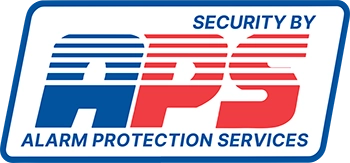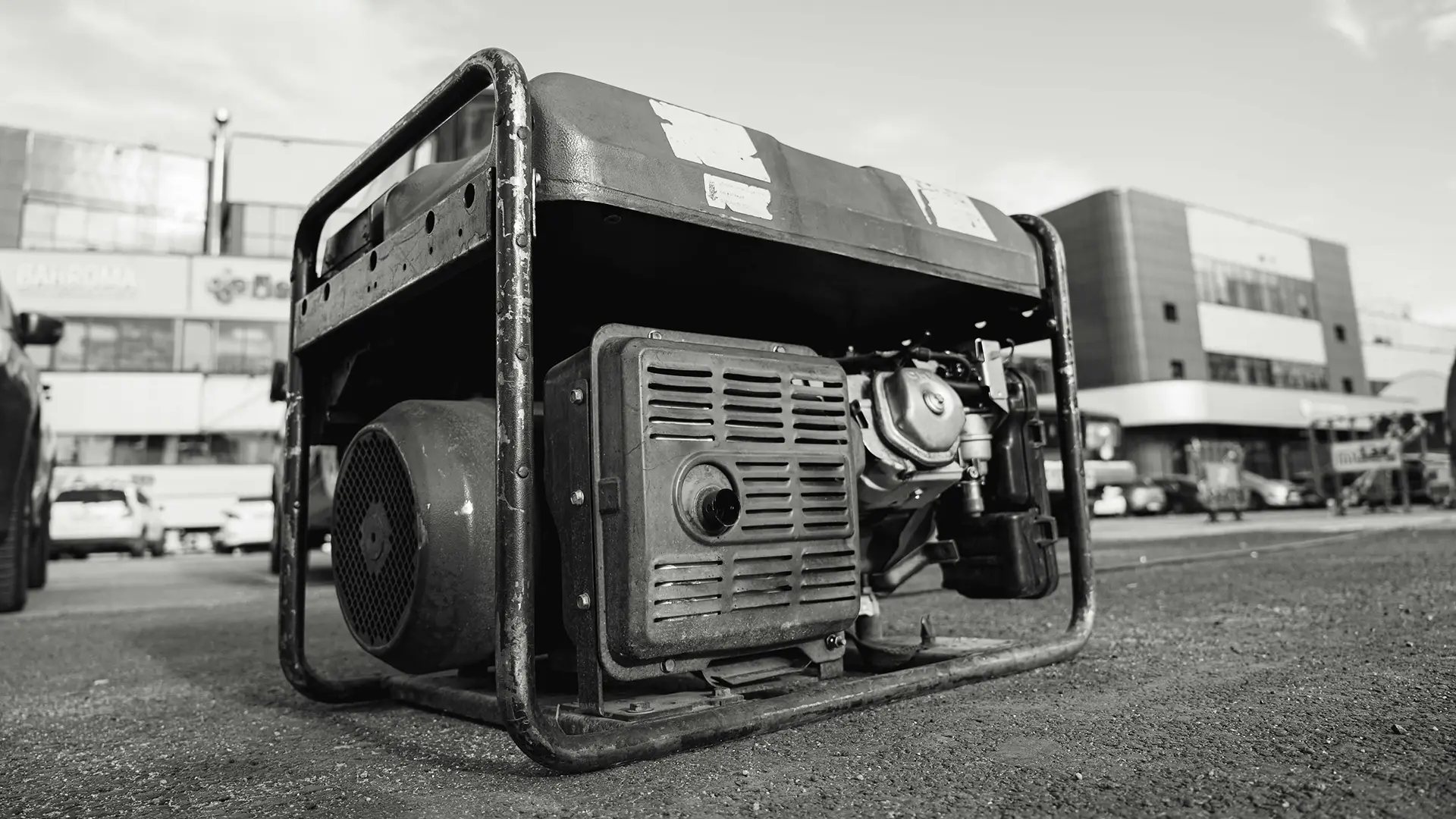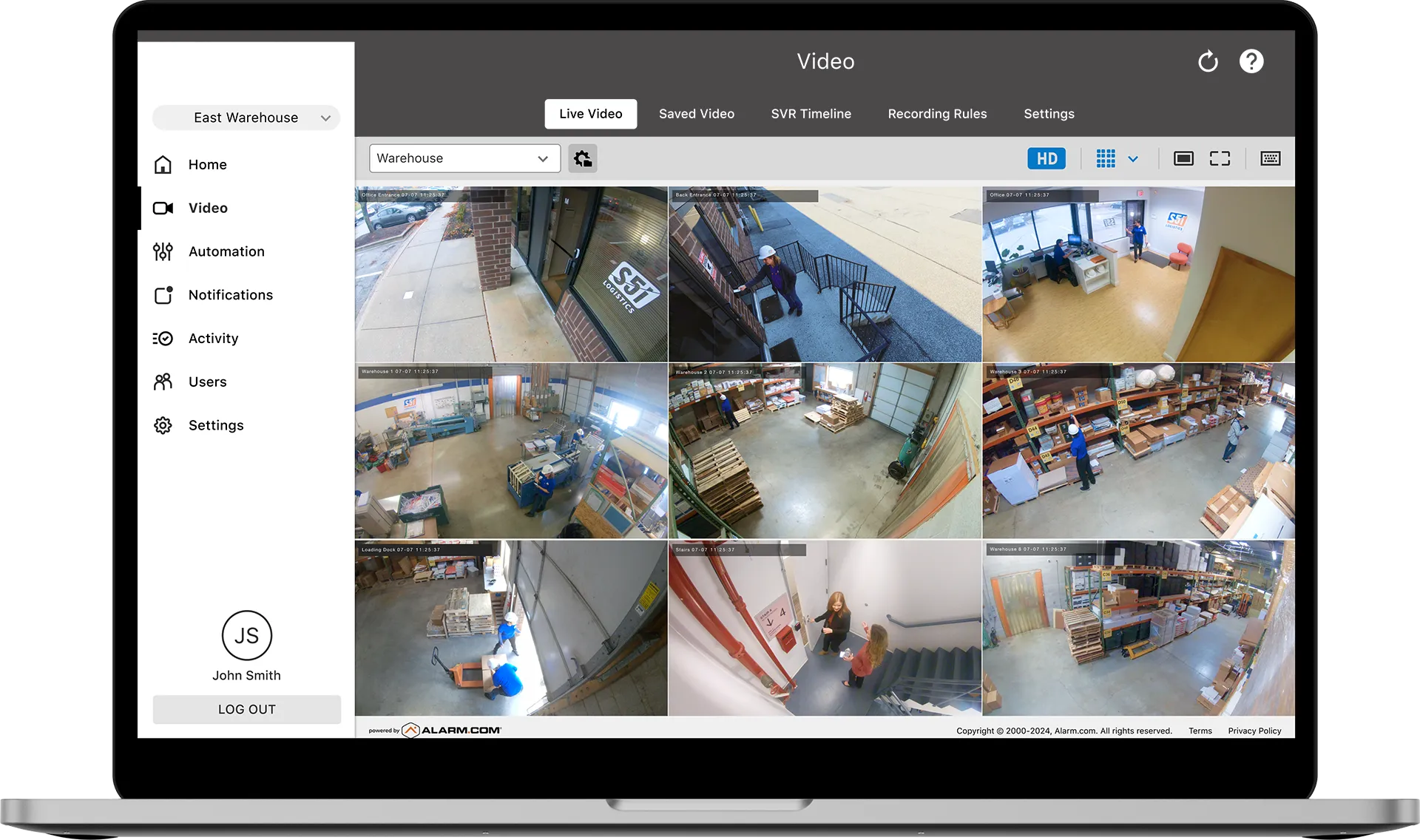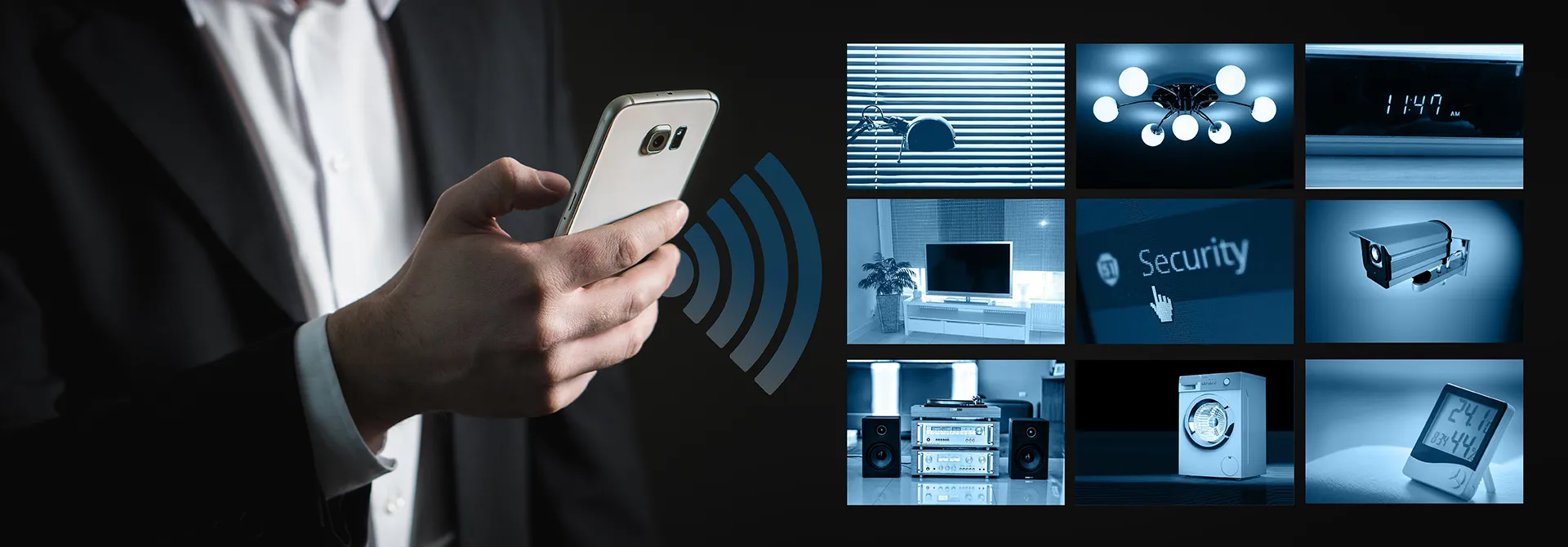Table of Contents
- Understanding the Risks of Carbon Monoxide
- Whole-House Generators: A Hidden Risk
- New Regulations and Safety Requirements
- How to Protect Your Family from Carbon Monoxide Poisoning
- Conclusion: Don’t Take Chances with Your Safety
- APS Hurricane Safety Special
- References
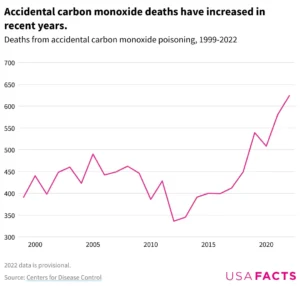
Understanding the Risks of Carbon Monoxide
Carbon monoxide, often called the “invisible killer,” is a colorless, odorless gas produced when fuels such as gasoline, wood, coal, natural gas, propane, oil, and methane burn incompletely. In the context of hurricane season, this usually happens when generators, heaters, or other fuel-powered appliances are used improperly. The Centers for Disease Control and Prevention (CDC) reports that hundreds of people in the United States die each year from unintentional, non-fire-related carbon monoxide poisoning. A significant percentage of these fatalities are associated with the improper use of portable generators, especially during power outages caused by natural disasters like hurricanes.Whole-House Generators: A Hidden Risk
While portable generators are often highlighted as a significant risk, whole-house generators can also pose serious dangers if not installed and maintained correctly. Even with these larger systems, carbon monoxide can build up inside the home if proper ventilation is not ensured or if the generator is positioned too close to the home’s air intake systems.“APS recently had a client whose carbon monoxide detectors repeatedly went off after installing a whole-house generator. Concerned for their safety, APS dispatched a team and discovered dangerous levels of carbon monoxide in the home. Thanks to the quick response from APS, the family was able to avoid what could have been a tragic situation.”
This incident underscores the importance of not only having carbon monoxide detectors installed but also ensuring they are properly maintained and that generators are correctly placed and ventilated.
New Regulations and Safety Requirements
In response to the growing risk, new safety regulations have been introduced to protect homeowners. As of January 1, 2023, under the Louisiana Uniform Construction Code Council’s amendments to the IRC, carbon monoxide alarms are now mandatory in homes where a permanent fuel-fired appliance, including standby generators, is installed. These alarms must be placed inside each separate sleeping room and in living areas, with access provided to inspectors to verify their installation. Unfortunately, many homeowners may not yet be aware of these new requirements. This lack of awareness can leave families vulnerable, not just to carbon monoxide poisoning, but also to potential legal and financial risks if their homes are not up to code.How to Protect Your Family from Carbon Monoxide Poisoning
Install and Test Carbon Monoxide Alarms
The most effective way to protect your family is by installing CO alarms in all the recommended areas of your home. This includes every level of the house, especially near sleeping areas. It’s also essential to test these alarms monthly and replace them according to the manufacturer’s instructions. Alarms with 10-year batteries should be replaced after this period, and any alarm that chirps due to a low battery should be addressed immediately.Ensure Proper Generator Usage and Maintenance
Portable and whole-house generators should always be used in well-ventilated areas, away from windows, doors, and vents. Never operate a generator inside a garage, even if the doors are open. The exhaust fumes can quickly build up and become lethal. Regular maintenance is crucial to ensure your generator is ready when you need it most. A well-maintained generator not only runs more efficiently but also reduces the risk of carbon monoxide buildup.Be Aware of Symptoms of CO Poisoning
Carbon monoxide poisoning can mimic the flu or food poisoning, with symptoms including headaches, dizziness, weakness, upset stomach, vomiting, chest pain, and confusion. If you experience these symptoms while using a generator, seek fresh air immediately and contact emergency services.Regularly Test Your Home’s Batteries
In addition to CO alarms, the batteries in your smoke detectors and alarm control panel should be tested regularly. Batteries that are not functioning properly can leave your family vulnerable in an emergency.Take Advantage of Safety Promotions
To help keep your home safe, we are offering a Hurricane Safety Special: complimentary battery check of your alarm control panel and 15% off installation of CO detectors. This promotion is designed to ensure that your home meets the latest safety standards and that your generator and CO alarms are functioning correctly.Conclusion: Don’t Take Chances with Your Safety
Carbon monoxide is a silent, invisible threat that can strike without warning, especially during hurricane season when generators are in use. By taking the necessary precautions—installing CO alarms, using generators safely, maintaining your equipment, and staying aware of the symptoms of CO poisoning—you can protect your family from this deadly gas.Hurricane Safety Special: Act Now!
Now is the time to act. Ensure your home is up to code, test your safety devices, and take advantage of our Hurricane Safety Special to get the protection you need.
What’s included: Complimentary battery check for your alarm control panel and 15% off the installation of carbon monoxide detectors.
Don’t wait until it’s too late; safeguard your family today.
Contact Us NowLimited Time Offer: Hurricane Safety Special expires October 31, 2024.
References
- National Fire Protection Association (NFPA) – Carbon Monoxide Facts and Safety Tips
- Centers for Disease Control and Prevention (CDC) – National Center for Health Statistics
- USAFacts – Is Carbon Monoxide Still a Problem in the U.S.?
- Louisiana Uniform Construction Code Council – Title 17 Part 1, IRC Section 315.2.2 Amendments
